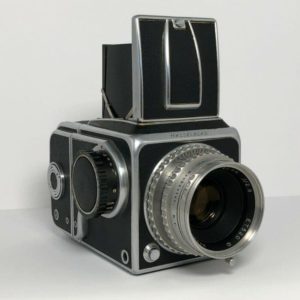
As a teenager, my first experience in photography was shooting black and white film with my father’s medium format Hasselblad camera. These were, and are, great cameras, beloved by professionals, used by astronauts on the moon. Way too nice a camera for a duffer like me shooting morbid pictures of twisted trees and gravestones in the Lone Fir Cemetery. Later in youth I sprung for a Konica 35mm camera, with a decided preference for Fujichrome slide film. I regret that I was a lousy chronicler of life in my twenties, shooting artsy pictures of flowers and vegetables rather than the much more interesting subjects of my fellows living communally at the Still Meadow spiritual center for Emissaries of Divine Light in Oregon. Hey, it was the 70’s, so cut me some slack!
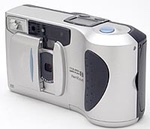
My first digital camera was an HP Photosmart 315 which, for a 2.1 megapixel point and shoot, was not a bad little pocket camera. I used that while living in Boulder, CO as well as on a trip to Yellowstone and Colorado with Sue and Brendan. I followed that up with a nifty Panasonic DMC-FZ7 that served me well in Puerto Vallarta with Sue’s parents.
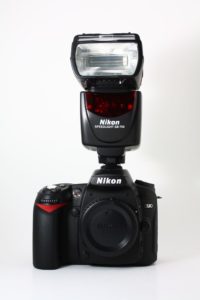
My best ever camera is a Nikon D90. When I really need to do a serious shoot, this is the camera that I pull out. It’s the camera I use in tricky indoor light situations, when a bounce flash comes in handy. And, it doesn’t hurt to have a telephoto zoom lens at the ready. It’s a big boy camera.
But the camera that I use nearly all of the time now is the one on whatever my current iPhone is. Smartphone cameras are so good these days, particularly when shooting outdoors, that they are more than just good enough. They are less obtrusive, and can do a remarkably good job.
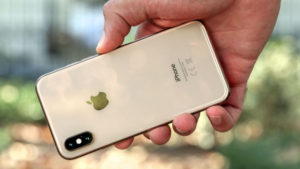
The beach photo at the head of this post is from my iPhone Xs. I don’t think my Nikon could balance the glare of the sun in the clouds with the dimmer light of people on the beach. The iPhone camera performs this high def resolution magic by shooting a series of frames, some underexposed, some over, and some “properly” exposed, and then instantly blends them together into a single image that captures the scene as I saw it at the time. Previously, you would do this with a tripod mount and manually set each exposure. Then, back at your computer you would use HDR software to make the final image. Much more work, much less fun. The other feature in play is “Panorama” mode, where you pan across the scene while the software stitches the separate frames into a single image. It’s pretty awesome.
I also shoot lots of brief video segments and use the IOS Photos app “Memories” feature to make those short video montages that I periodically post. I love how you can say so much in 60 seconds. The bottom line, it’s a really fun camera to use.
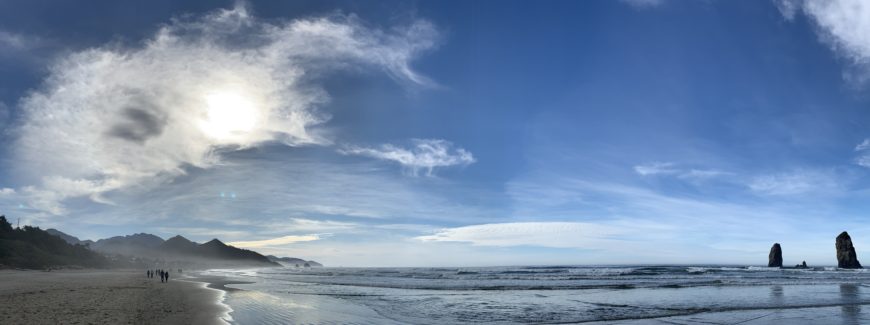
Recent Comments